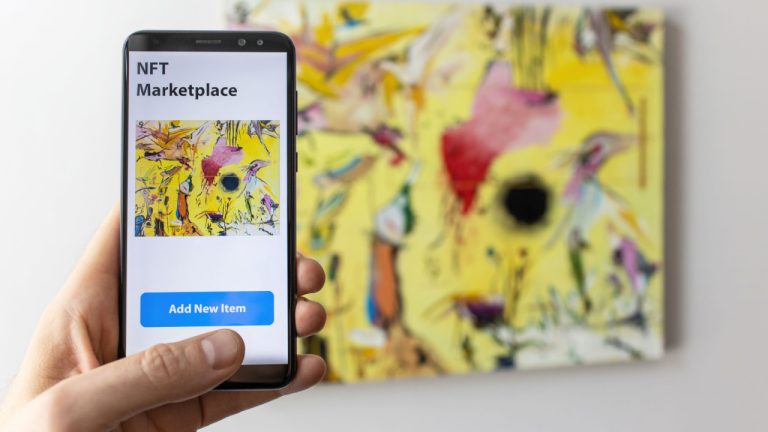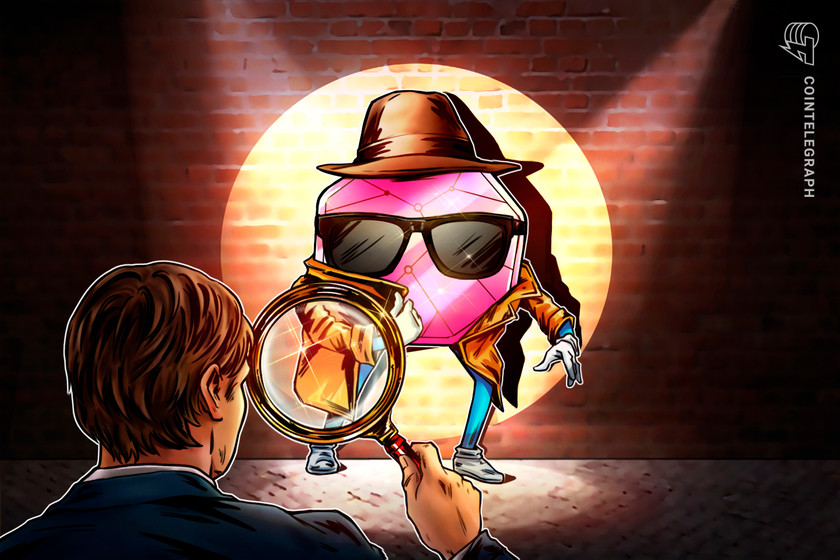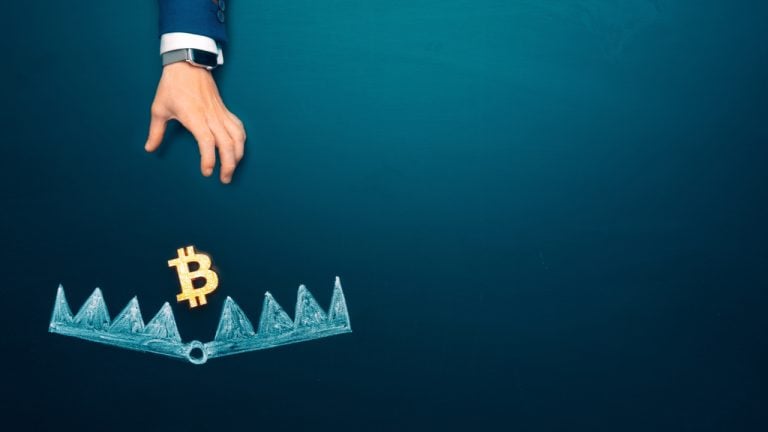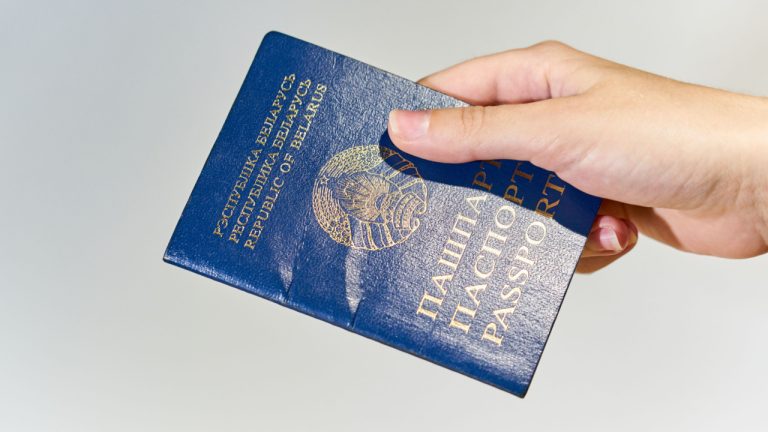
The U.S. made the list of regions blocked from using an upcoming website for ApeCoin staking with the related DAO claiming regulations are to blame.
United States-based ApeCoin (APE) holders could miss out on staking rewards after the U.S. was added to a list of regions geo-blocked from using an upcoming APE staking service.
Blockchain infrastructure company Horizen Labs, which is building the site on behalf of the ApeCoin decentralized autonomous organization (DAO), revealed the news in a Nov. 24 update regarding ApeStake.io on Twitter, saying “unfortunately, in today’s regulatory environment, we had no good alternative.”
Ape Staking Update: Big thanks to the talented community devs for their helpful improvements. Bug Bounty AIP delayed us a bit, so we shortened the pre-deposit period by a week to keep our original 12/12 go-live. Alternate front-end sites going live. See card. pic.twitter.com/mgmP7X3SwQ
— Horizen Labs (@HorizenLabs) November 24, 2022
Canada, North Korea, Syria, Iran, Cuba, Russia, and the Russian-controlled areas of Ukraine, Crimea, Donetsk, and Luhansk are also on the block list.
There are likely ways to get around the geo-block. The update noted the website is only an interface to interact with the Ethereum-based open-source smart contract, and “several other” interfaces are being crafted by parties such as exchanges and DeFi platforms.
Prominent Twitter user “Zeneca” told their 312,00 followers that those from regions geo-blocked by ApeStake.io will still be able to stake by interacting with the smart contract directly or using another interface without geo-blocks. Those in blocked regions could also use a virtual private network (VPN) to spoof their location.
The decision to block U.S. users likely resulted from the probe in October by the Securities and Exchange Commission (SEC) into APE creator Yuga Labs. The regulator is investigating if the company’s nonfungible tokens (NFTs) act more like securities and are subsequently violating federal laws.
Two Bored Ape NFTs sell for nearly $1M each
Meanwhile some Bored Apes are still fetching high prices even during the depths of Crypto Winter. An NFT from Yuga Labs’ flagship Bored Ape Yacht Club (BAYC) collection sold for 800 Ether (ETH), or almost $950,000 at the time of sale on Nov. 23.
BAYC #232 was sold to pseudonymous NFT collector “Keungz” — who seemingly has multiple Yuga Labs NFTs according to their OpenSea profile — by Deepak Thapliydal.
Thanks @dt_chain for the good deal⚓️#NewNFTProfilePic NFT by @BoredApeYC pic.twitter.com/CgIy73fBx5
— Keungz ❤️ Memeland ☠️ YGPZ ♀️ (@keung) November 23, 2022
Thapliydal is the CEO of Web3 infrastructure company Chain and gained notoriety for making the Guinness World Records for buying the “most expensive NFT collectible” after purchasing CryptoPunk #5822 for 8,000 ETH, or $23.7 million, on Feb. 12.
The sale of BAYC #232 was closely followed by another on Nov. 24 for BAYC #1268 between two unidentified wallets for 780 ETH, or almost $940,000 at the time of sale.
The sales are significant as the NFTs sold far above the current floor price for the collection which has seen a decline over the past months.
According to data from NFT Price Floor, the minimum price for a Bored Ape at the time of writing is just under 63 ETH, or about $75,600, and is 80% down in U.S. dollar terms from its May 1 all-time high of 144.9 ETH, or over $391,000 at the time.
ApeCoin DAO launches marketplace
The community-led DAO made up of ApeCoin holders has launched its own marketplace to buy and sell NFTs from the Yuga Labs ecosystem.
The aptly named ApeCoin Marketplace built by NFT infrastructure firm Snag Solutions was launched on Nov. 24 and supports transactions of the BAYC, Mutant Ape Yacht Club, Bored Ape Kennel Club, and Otherdeed NFT collections.
In a Nov. 24 Twitter thread Snag Solutions CEO, Zach Heerwagen, said the marketplace “includes unique features” specifically for NFT communities including the ability to stake APE.
1/ The custom marketplace includes unique features built specifically for the BAYC and Otherside communities, including ApeCoin staking and NFT metadata integrations. pic.twitter.com/mem2ZsXNkt
— Zach | Zheerwagen.eth (@ZHeerwagen) November 23, 2022
The marketplace “respects royalties while heavily reducing fees” according to Heerwagen. A 0.25% slice of each sale is held in a multi-signature wallet and used to fund DAO initiatives.
Related: Industry expresses confidence in the NFT space amid the FTX collapse
The marketplace’s support for royalties comes as some other NFT marketplaces such as the Solana (SOL)-based Magic Eden and Ethereum-based LooksRare stopped enforcing creator royalties by default.
Others such as OpenSea have continued to enforce royalties and even created a tool to help NFT creators with on-chain enforcement of royalties, allowing them to blacklist the sale of their NFTs on royalty-free marketplaces.


 " title="
" title="







